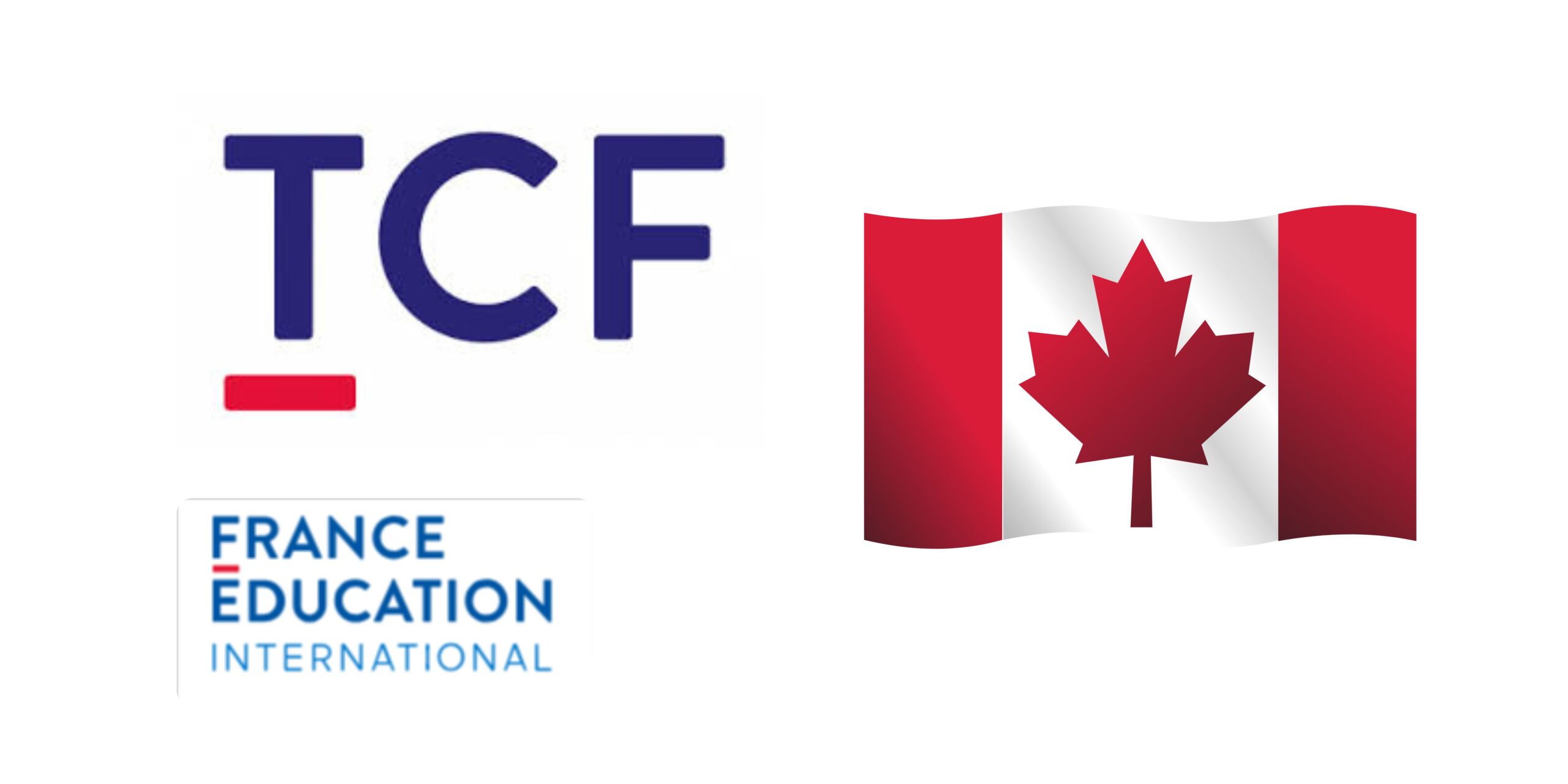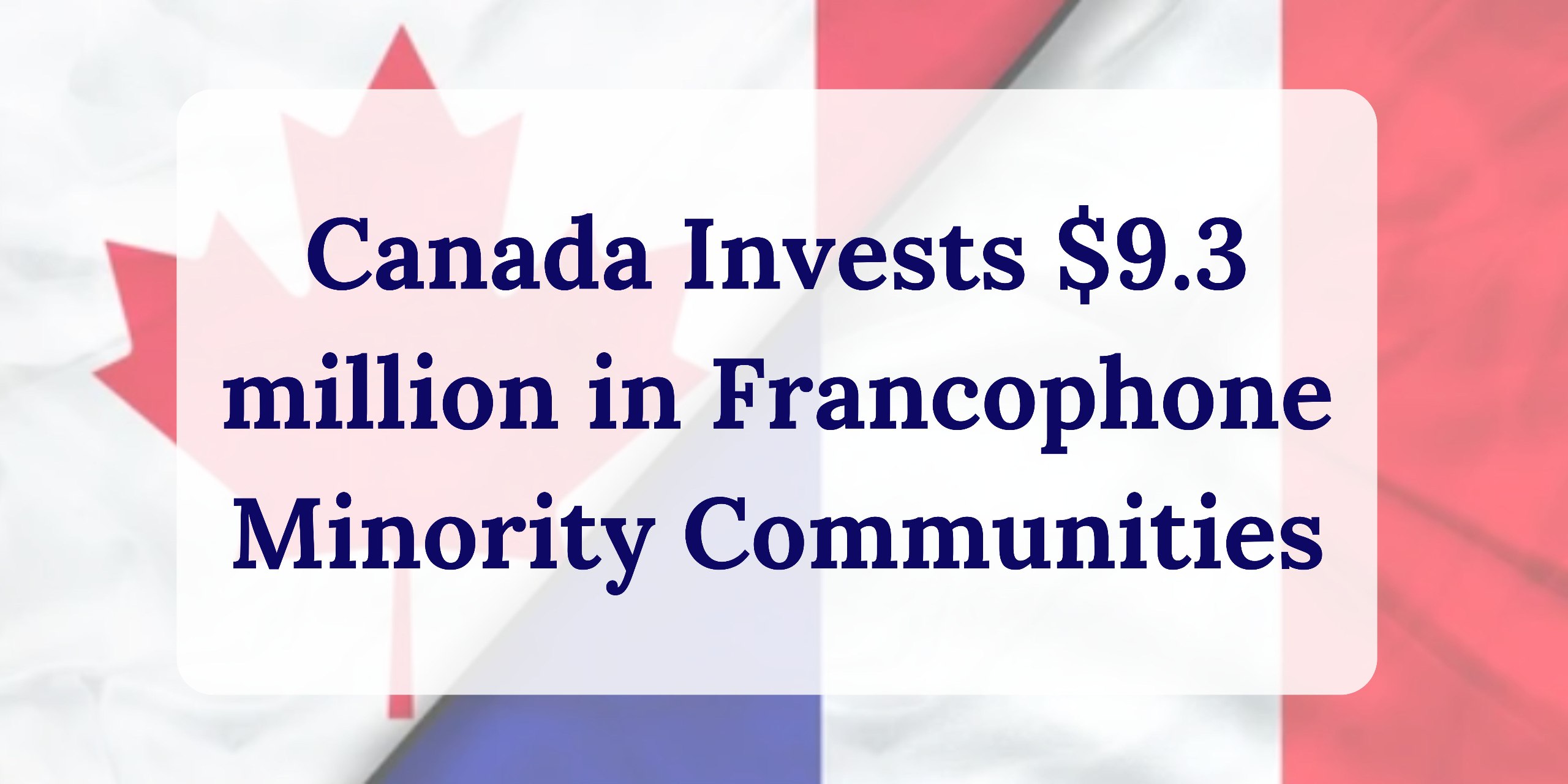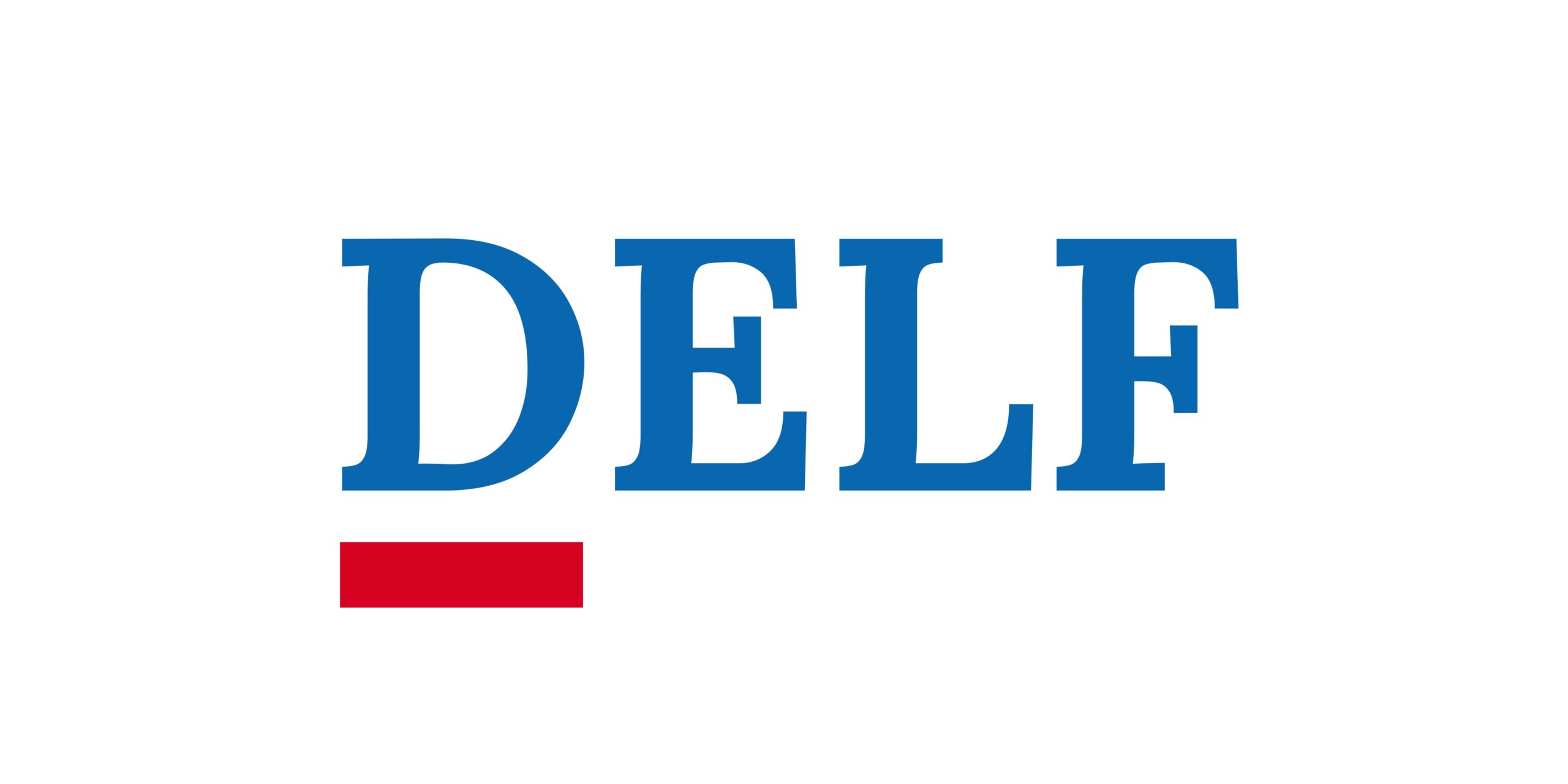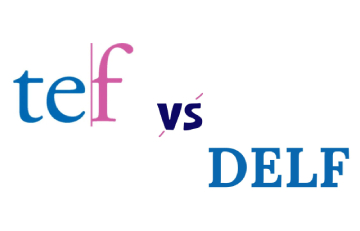
What is the TCF Language Test?
The TCF, or Test de Connaissance du Français, is an international French language proficiency test created and administered by the Centre international d’études pédagogiques (CIEP), now called France Éducation international. The test is designed to assess the proficiency of non-native speakers across all linguistic levels, from beginners (A1) to advanced speakers (C2), according to the Common European Framework of Reference for Languages (CEFR).
This test is designed for individuals 16 years of age and older and is usually required for admission to educational institutions, professional certifications and immigration processes.
The TCF has an adaptive structure, that is, it adjusts the difficulty of the questions depending on your score. It assesses four key language skills: listening comprehension, reading comprehension, written expression, and oral expression. Depending on the specific version of the test you take, you may be required to complete all or some of these components. The TCF exists in several versions, each of which meets different requirements, such as academic or immigration requirements.
Not sure where to start? Check your current level of French with a free test from eTalk School! Take the test now to find out your strengths and areas for improvement.
Types of TCF Tests
TCF Canada
TCF Canada is designed for individuals who need to prove their knowledge of French in order to immigrate to Canada or obtain citizenship.
Accreditations: Recognized by Immigration, Refugees and Citizenship Canada (IRCC) and, since January 2022, by Québec’s Ministry of Immigration, Francisation, and Integration (MIFI).
Purpose: Evaluates French proficiency for Express Entry and Québec immigration programs.
The test consists of four mandatory sections:
Listening Comprehension (35 minutes): 39 multiple-choice questions assessing understanding of spoken French in various contexts, with one correct answer per question.
It tests your ability to understand spoken French, including:
• Everyday expressions (e.g., dialogues, phone calls).
• Main ideas in simple messages and announcements.
• Information from news or TV programs.
• Presentations on various subjects.
• Speeches at a fluent rate.
Reading Comprehension (60 minutes): This section includes 39 multiple-choice questions that test your understanding of written French, such as:
• Everyday communication (e.g., messages, ads, menus).
• Personal letters with information about people or events.
• Daily life, work-related texts, and articles with opinions.
• Complex factual, literary, or specialized texts.
Written Skills (60 minutes): Three tasks involving written expression:
Task 1: Write a message to describe, recount, or explain (60-120 words).
Task 2: Write a report or letter (120-150 words).
Task 3: Compare two viewpoints on a social issue (120-180 words).
Candidates are assessed on clarity, coherence, argumentation, vocabulary, and task relevance.
Note: The test may be marked as “A1 not achieved” if handwriting is illegible, tasks are off-topic, or word count requirements are not met.
Oral Skills (12 minutes): Three tasks:
Task 1: Directed interview (2 minutes) with no preparation.
Task 2: Interaction exercise (5.5 minutes, 2 minutes preparation) to obtain information in an everyday situation.
Task 3: Express a point of view spontaneously (4.5 minutes).
Candidates are assessed on their ability to discuss personal, professional topics, ask relevant questions, present arguments, and speak clearly and convincingly on complex subjects.
The TCF Québec
The TCF Québec is intended for persons applying for immigration through the Quebec Ministry of Immigration, Franchization and Integration (MIFI).
Purpose: Required to obtain the Québec Selection Certificate (CSQ), a key step toward permanent residency.
Language Requirement: Certifies French proficiency for Québec residency applications.
The TCF Québec consists of 4 modules and candidates can choose between 1 and 4 tests:
• Listening Comprehension
• Reading comprehension
• Writing skills
• Verbal skills
The duration of the test varies from 12 minutes to 2 hours 22 minutes, depending on the modules chosen.
Question types and format are similar to the TCF Canada tests
TCF IRN
The TCF IRN is designed for individuals who need to prove proficiency in French for:
• French nationality applications.
• Long-term residence permits.
• Validating A1 level for the OFII citizenship process.
The TCF IRN complies with French decrees governing language requirements for naturalization and residence permits.
Test Format ( total duration 1 hour and 15 minutes):
Listening comprehension (15 min)
Format: 20 multiple-choice questions (1 correct answer).
Content: Tests understanding of:
• Everyday French (dialogs, interviews, calls).
• Clear messages, announcements, and presentations.
• Information from radio, TV, or fluent speech on various topics.
Progression: Questions increase in difficulty.
Note: Each recording plays once; questions follow the audio.
Reading Comprehension (20 min):
Format: 20 multiple-choice questions (1 correct answer).
Assesses understanding of:
• Simple words, phrases, and messages (friendly/administrative).
• Everyday documents (ads, menus, schedules).
• Personal letters and texts on daily life or work.
• Articles, reviews, and complex texts on various topics.
Progression: Questions increase in difficulty.
Written Skills (30 min)
Format: 3 tasks
Task 1: Describe a person, place, or object in a short message (30–60 words).
Task 2: Write about daily activities, an experience, or a story (40–90 words).
Task 3: Give an opinion on a topic (40–90 words).
Evaluation Criteria:
• Clear communication and coherence.
• Accurate description, explanation, and argumentation.
• Appropriate vocabulary and structure.
Important: “A1 not achieved” if:
• Illegible handwriting (paper-based tests).
• Word count requirements not met.
• Off-topic or incomplete tasks.
Verbal Skills (10 min)
Format: individual test with an examiner, 3 tasks.
Task 1 (3 min): Directed interview to demonstrate interaction skills with an unfamiliar person.
Task 2 (3 min 30 sec): Interaction exercise to obtain information in an everyday scenario.
Task 3 (3 min 30 sec): Express a point of view spontaneously and convincingly on a given topic.
Evaluation Criteria:
• Discuss personal, family, or professional topics.
• Ask relevant questions for the situation.
• Express opinions with clear reasoning, highlighting pros and cons.
• Present detailed, structured arguments appropriate to the context.
Tests only linguistic skills, not cultural or historical knowledge.
Written and verbal tasks require adherence to word count and clarity.
TCF “tout public”
TCF “tout public” is intended for persons whose native language is not French. It assesses the level of proficiency in French for academic, professional or personal purposes.
• Recognized by the French Ministry of National Education, Higher Education, and Culture.
• Required for the DAP process (academic applications).
• Accepted by:
– French Ministry of Higher Education and Culture.
– Ministry of the Interior (Integration and Nationality).
– Québec Ministry of Immigration (MIFI).
– Universities, language centers, and workplaces.
The TCF consists of 3 mandatory multiple-choice tests (MCQ*) and 2 optional exercises that candidates may choose to take based on their needs.
Listening Comprehension*
Exam Duration: 25 minutes
Test Format: 29 multiple-choice questions (4 options, 1 correct answer)
This test evaluates your understanding of spoken French, including:
• Familiar words and common expressions in everyday contexts (e.g., dialogues, interviews, phone calls).
• The main ideas of simple messages and announcements.
• Information about people, facts, or events in media programs.
• Presentations on both concrete and abstract topics.
• Fluently delivered speech.
Each recording is played only once, with questions following the audio.
Grammar Comprehension*
Exam Duration: 15 minutes
Test Format: 18 multiple-choice questions (4 options, 1 correct answer)
This section assesses your mastery of French grammar, from basic to advanced, including:
• Identifying lexical or register errors.
• Selecting equivalent expressions or grammatical terms.
• Choosing the correct formulations for specific communication situations.
Reading Comprehension*
Exam Duration: 45 minutes
Test Format: 29 multiple-choice questions (4 options, 1 correct answer)
This test evaluates your ability to comprehend written French, including:
• Everyday phrases and informal language.
• Common documents such as ads, leaflets, and timetables.
• Personal letters and work-related texts.
• Articles and reviews on both concrete and abstract topics.
• Complex and specialist texts.
Written Skills
Exam Duration: 60 minutes
Test Format: 3 exercises
Message writing (60-120 words): Describe, explain, or recount in a message.
Article/letter (120-150 words): Report on an experience or story with comments, opinions, or arguments.
Comparison (120-180 words): Compare two viewpoints on a social issue based on provided documents.
Verbal Skills
Exam Duration: 12 minutes (including 2 minutes of preparation)
Test Format: 3 exercises
Directed Interview (2 minutes): Respond to an unknown person (examiner).
Interaction Exercise (5 minutes 30 seconds): Obtain information in a specified communication situation.
Opinion Expression (4 minutes 30 seconds): Present a point of view on a chosen topic.
When taking the test on a computer, the multiple-choice sections include 91 questions (15 additional questions for analysis purposes, not affecting the score).
The duration of the TCF Tout Public varies based on the number of tests:
Minimum: 1 hour 25 minutes
Maximum: 2 hours 37 minutes
When using a computer, candidates receive an additional 10 minutes for the listening, grammar, and reading sections.
Not sure which French language test is right for you? Learn more about the TEF and compare your options here: Click to learn about the TEF language test
Registration for TCF test
TCF sessions are available year-round at authorized centers. Candidates must contact their nearest center for session dates, registration details, exam location, format (paper or computer-based), and costs.
You can retake the TCF as often as desired, but there must be a 30-day gap between sessions.
TCF “tout public”:
Candidates may register for just the written or verbal skills test, or both, as long as the mandatory MCQs have been completed. Additional tests must be taken within 60 days of the MCQ test date to maintain certificate validity. Results from different test dates or candidate codes will not appear on the same certificate, and combining results from different sessions is not permitted.
Results and Scoring
TCF results are sent to the test centre within 15 working days of receiving the papers. Collect your certificate from the test centre; it’s valid for 2 years. Only one copy is provided, so keep a personal copy.
The TCF uses a scale of 0 to 699 points to assess French proficiency across six CEFR levels.
TCF Canada & TCF Québec:
A1 not achieved: 0–100 points
A1: 101–199 points
A2: 200–299 points
B1: 300–399 points
B2: 400–499 points
C1: 500–599 points
C2: 600–699 points
Each candidate receives a certificate with:
• Scores for listening and reading comprehension.
• Marks out of 20 for verbal and written skills.
• CEFR levels for each competency, from A1 not achieved to C2.
TCF IRN:
Assesses up to B1 level:
A1 not achieved: 0–100 points
A1: 101–199 points
A2: 200–299 points
B1 achieved: Over 300 points
The certificate includes:
• Scores for listening and reading comprehension.
• Marks out of 20 for verbal and written skills.
• CEFR levels for each competency (A1 to B1).
• Indication of whether the required level for French naturalisation or a residence permit has been achieved (A2 or B1).
TCF Tout Public:
When taken on a computer, results are provided within 10 working days if only the MCQ tests are completed.
The TCF Tout Public assesses six levels of French knowledge (A1–C2) and includes:
• Scores for listening, grammar, and reading comprehension.
• Marks out of 20 for verbal and written skills.
• CEFR levels for each competency (A1 to C2).
• Indication of whether the required level for French naturalisation (B1) or a residence permit (A2) has been achieved.
Feeling ready to improve your French skills and prepare for your TCF test? Why not take the first step by attending a trial lesson at eTalk School? Our expert teachers will help you assess your strengths and areas for improvement, and guide you toward mastering the language for your test. Sign up today and start your French learning journey!











